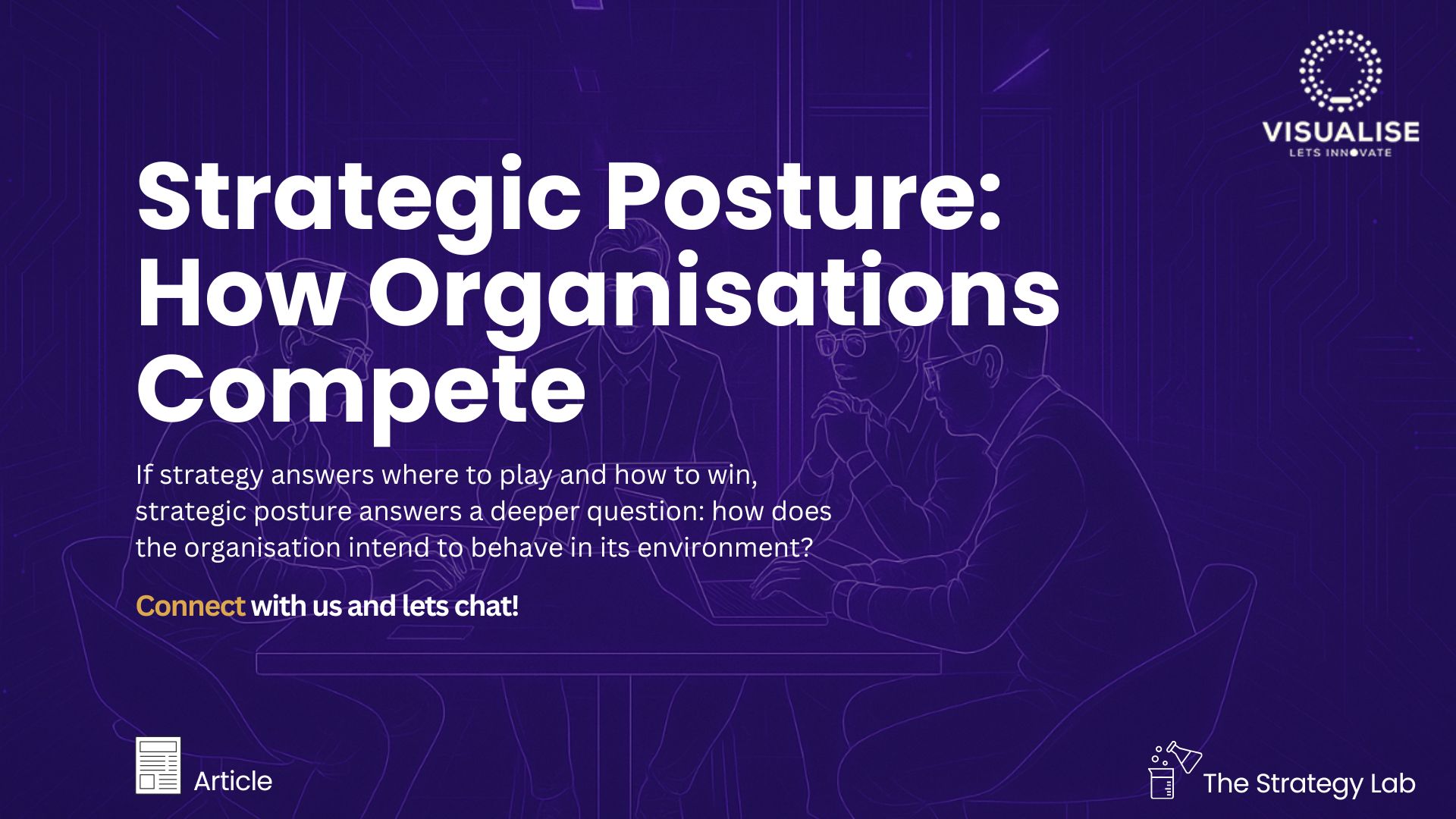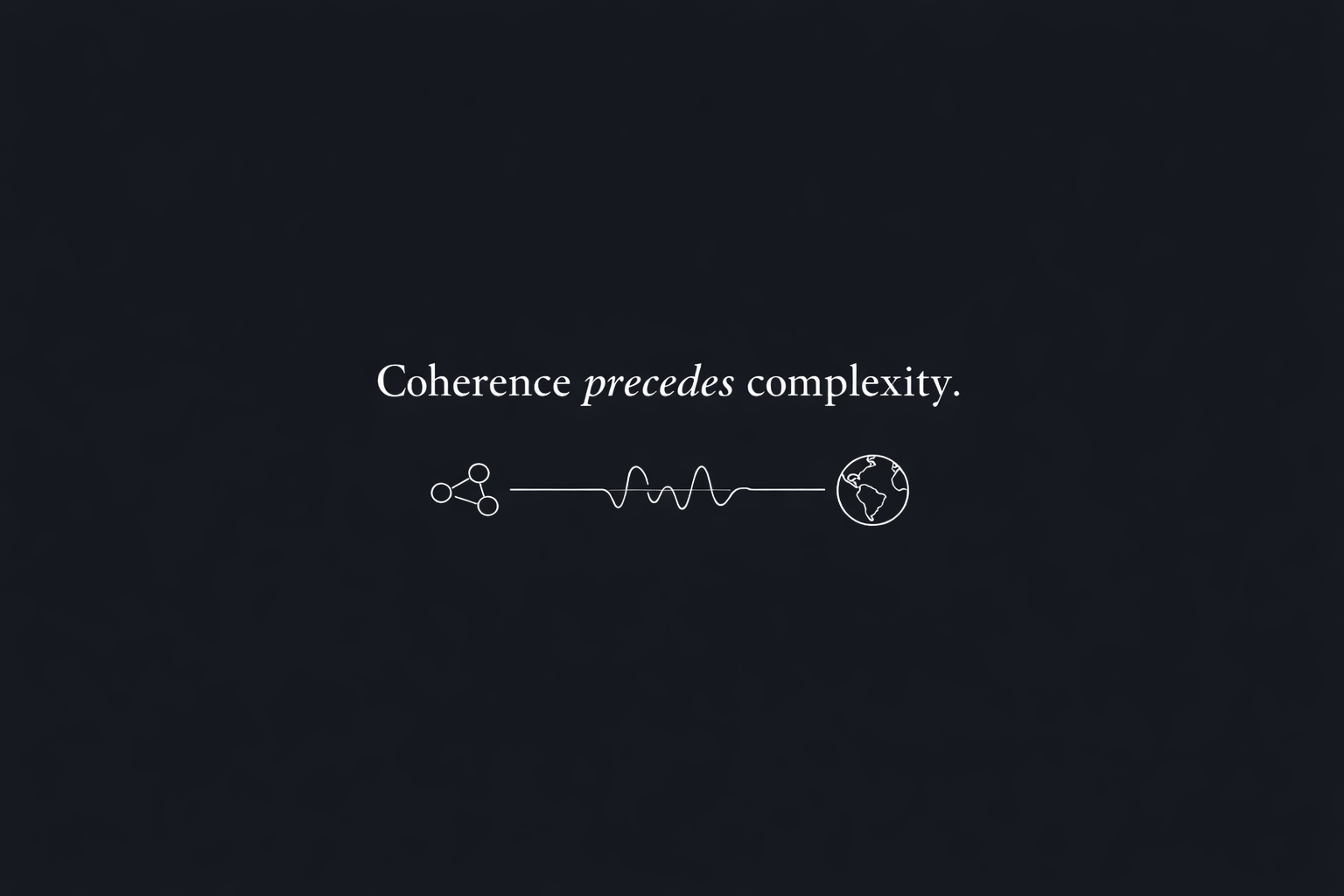Aug20

In our fast-paced, ever-connected world, it's more important than ever to be able to spot a lie. Whether we're trying to protect ourselves from being scammed or simply wanting to avoid being misled, the ability to see through deception can save us a lot of trouble. However, with all the practice we get at catching lies, it's easy to become jaded and assume that everyone is out to deceive us. While it's important to be cautious, this cynicism can prevent us from building trust with others. If we want to go the extra mile, we need to move from lie spotting to truth seeking. Instead of assuming that everyone is lying to us, we should ask questions and try to understand their perspective. Only then can we hope to build trust and relationships that are based on mutual respect and understanding.
There are many historical examples of people who have sought out the truth, even in the face of opposition. One famous example is Galileo Galilei, who was a scientist in the 1600s. He argued that the earth revolves around the sun, which was contrary to the Church's beliefs at the time. Galileo was put on trial and spent the rest of his life under house arrest. However, his work laid the foundation for further scientific discoveries, and his legacy is still celebrated today.
Other examples of truth seekers include Mahatma Gandhi and Nelson Mandela. Both men fought for civil rights in their respective countries, despite facing immense opposition. They both spent time in prison, but their efforts ultimately led to positive change. Their stories serve as an inspiration to people all over the world who are fighting for justice.
Truth seeking can be a difficult and dangerous endeavor, but it is also essential for progress.
New research suggests that it may be better for our mental health to simply focus on seeking the truth, rather than trying to spot lies.
The study found that people who were focused on lie spotting were more likely to experience anxiety and mistrust. In addition, they were less likely to feel confident in their abilities and more likely to second-guess themselves. On the other hand, those who were focused on truth seeking were more likely to feel positive and optimistic. They were also more likely to trust their gut instincts and feel confident in their abilities. So, next time you're not sure whether someone is being truthful or not, try to focus on seeking the truth. It just might be better for your mental health in the long run.
By Dean Miles
Keywords: Business Continuity, Mental Health, Startups
 HR Is Designed to Maintain. Succession Planning Demands It Transform.
HR Is Designed to Maintain. Succession Planning Demands It Transform. AI and Embedded Connectivity: A New Era of Smart Devices
AI and Embedded Connectivity: A New Era of Smart Devices Strategic Posture: How Organisations Compete
Strategic Posture: How Organisations Compete Coherence Before Complexity
Coherence Before Complexity The Corix Partners Friday Reading List - February 20, 2026
The Corix Partners Friday Reading List - February 20, 2026